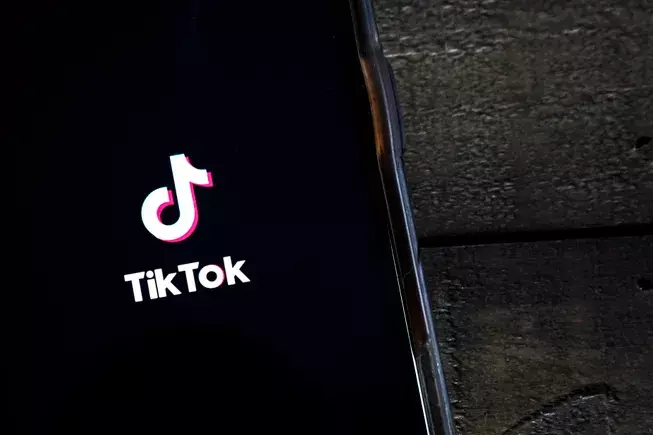The saga surrounding TikTok’s presence in the United States reveals a complex web of geopolitical tension, corporate maneuvering, and regulatory ambiguity. Despite repeated assurances from former President Trump about a looming deal that would secure a U.S.-based TikTok, the reality remains far different. The app continues to operate in a legal gray area, teetering on the brink of outright ban, driven more by political strategies than substantive resolutions. This ongoing limbo underscores the power struggles at play, where national security concerns intertwine with economic interests and technological dominance.
The U.S. government, citing fears over data security and potential Chinese influence, has set aggressive deadlines for TikTok’s divestment or restriction. Yet, these deadlines have been extended multiple times, signaling a persistent hesitation rooted in political calculations rather than clear legal mandates. The apparent contradiction—where TikTok remains operational despite explicit legal prohibitions—exposes the fragile authority of U.S. regulatory agencies in the digital age. The fact that the app continues to thrive under these circumstances suggests that corporate interests and public sentiment complicate straightforward enforcement.
Fragmentation of the Proposed Deal and Its Implications
Central to this chaos is the withdrawal of Blackstone, a major private equity firm that initially indicated interest in a strategic partnership with TikTok in the U.S. The consortium, originally led by Susquehanna International Group and General Atlantic, aimed to establish a majority U.S. ownership structure that aligned with government mandates. Specifically, the plan envisioned American investors holding 80%, with ByteDance retaining a minority stake—an arrangement designed to appease security concerns and meet regulatory standards.
However, Blackstone’s exit hints at underlying fractures within the coalition, diminishing the viability of the proposed deal. With just over two months remaining to finalize the transfer—and no certainty about whether other partners can fill the gap—TikTok’s future in the U.S. remains precarious. The withdrawal also raises questions about investor confidence, potential financial repercussions, and the broader political environment that continues to fluctuate with each new diplomatic twist. The challenges faced by this consortium serve as a microcosm of the broader struggle to reconcile international business interests with national sovereignty.
Geopolitical Tensions and Economic Warfare
What makes the TikTok controversy particularly striking is its evolution from a simple social media platform to a battleground for international power politics. The Trump administration’s aggressive push to SECURE a U.S. partner involves not just protecting user data but also asserting technological dominance over China. The timing of these actions—coinciding with escalating trade tensions and tariffs on Chinese goods—reveals that TikTok is more than just an app; it’s a diplomatic tool in the wider struggle for global influence.
The extension of tariffs and trade restrictions on Chinese companies have further complicated negotiations, fueling skepticism about whether the TikTok deal will ever materialize as planned. Instead of a straightforward corporate sale, TikTok’s fate now hinges on a delicate dance of political interests and international diplomacy. This perverse outcome turns a once-lighthearted app into a significant geopolitical pawn, reflecting the new reality where digital platforms are arenas for power projection.
Looking Ahead: Uncertainty and Strategic Contention
Predicting what lies ahead for TikTok in America is inherently uncertain. The likelihood of another extension—potentially pushing the deadline beyond the current 59 days—is high, serving as a political pause rather than a genuine resolution. For TikTok creators and users, this means continued instability, as the app remains operational but under threat of imminent shutdown.
More broadly, the controversy illuminates how governments leverage technology platforms to serve strategic objectives, often at the expense of innovation and consumer choice. TikTok’s ongoing predicament exemplifies how multinational corporations become entangled in geopolitical games, where diplomatic negotiations overshadow market forces. Whether the app will ultimately be branded as acceptable for U.S. users or expelled entirely hinges less on technical compliance and more on international bargaining power—signaling a future where digital platforms are indivisible from national diplomacy.
In the grander scheme, TikTok’s fate reveals a paradox: in an era marked by rapid technological advancement, sovereignty still reigns supreme. The digital spaces of tomorrow could be shaped more by political tit-for-tat than innovation, highlighting a world where influence and control determine who wins the next digital frontier.

